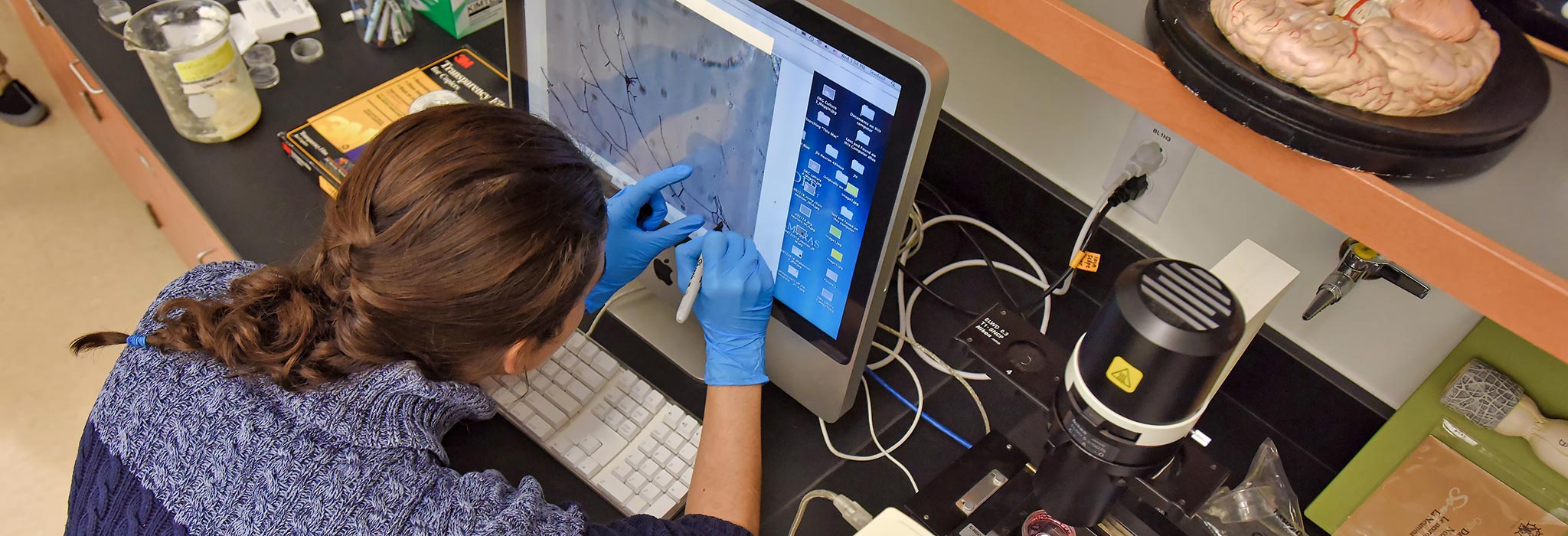Bioinformatics
Where big data meets biology you’ll find the exciting, emerging field of bioinformatics. This interdisciplinary major joins studies in biology, math, chemistry, computer science and statistics to prepare you for in-demand careers in research and data science. You will learn about the structure of both DNA and databases, and you’ll cover topics from algorithms and artificial intelligence to genome sequencing and cells. Bioinformatics majors explore possibilities in personalized medicine and drug discovery, as well as discuss the ethical implications and other challenges that come with collecting, analyzing, storing and using massive amounts of biological data.
Major
Sample First Jobs
-
Business Technologist, Brown Brothers Harrison
-
Programmer, Meditech
-
Research Specialist, University of Pennsylvania
-
Support Advisor, Intersystems
Graduate School
-
Princeton University
Departments
Offered by the Biology, Computer Science, and Mathematics departments.
